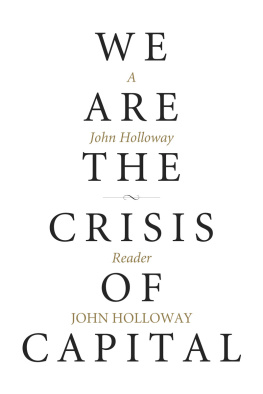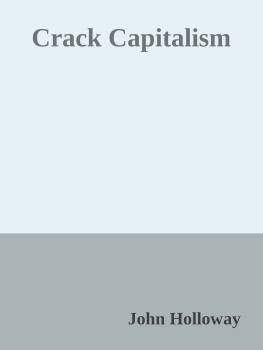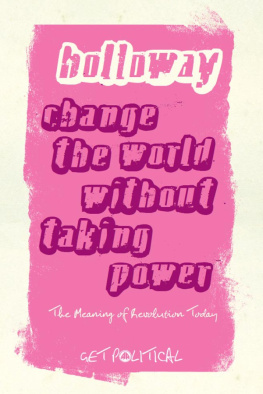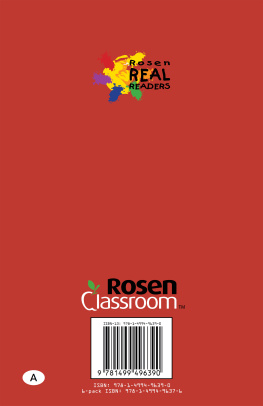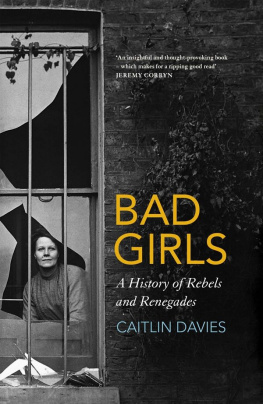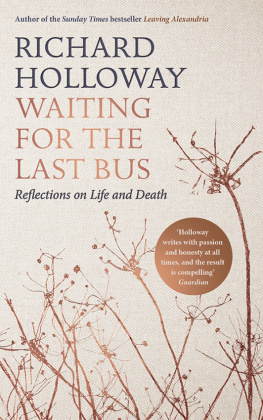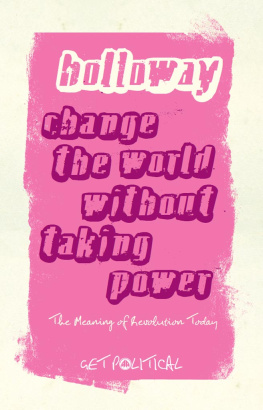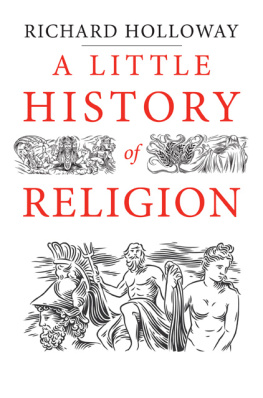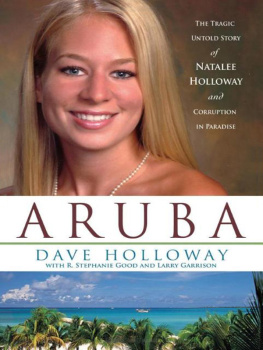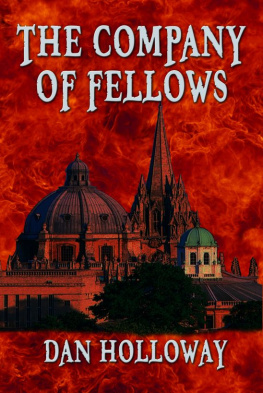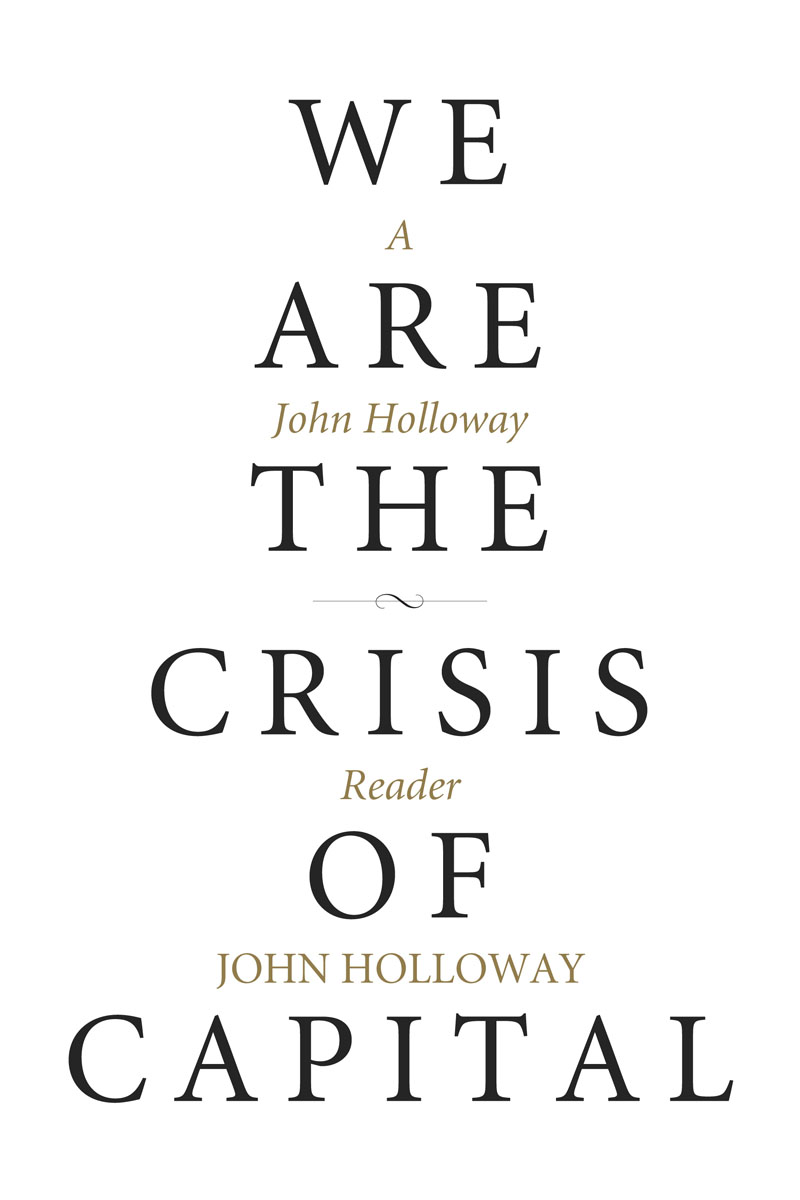


In ancient Greek philosophy, kairos signifies the right time or the moment of transition. We believe that we live in such a transitional period. The most important task of social science in time of transformation is to transform itself into a force of liberation. Kairos, an editorial imprint of the Anthropology and Social Change department housed in the California Institute of Integral Studies, publishes groundbreaking works in critical social sciences, including anthropology, sociology, geography, theory of education, political ecology, political theory, and history.
Series editor: Andrej Grubai
Kairos books:
Practical Utopia: Strategies for a Desirable Society by Michael Albert
In, Against, and Beyond Capitalism: The San Francisco Lectures by John Holloway
Anthropocene or Capitalocene? Nature, History, and the Crisis of Capitalism edited by Jason W. Moore
Birth Work as Care Work: Stories from Activist Birth Communities by Alana Apfel
We Are the Crisis of Capital: A John Holloway Reader by John Holloway
Archive That, Comrade! Left Legacies and the Counter Culture of Remembrance by Phil Cohen
Beyond Crisis: After the Collapse of Institutional Hope in Greece, What? edited by John Holloway, Katerina Nasioka, and Panagiotis Doulos
Re-enchanting the World: Feminism and the Politics of the Commons by Silvia Federici
Occult Features of Anarchism: With Attention to the Conspiracy of Kings and the Conspiracy of the Peoples by Erica Lagalisse
Autonomy Is in Our Hearts: Zapatista Autonomous Government through the Lens of the Tsotsil Language by Dylan Eldredge Fitzwater
The Battle for the Mountain of the Kurds: Self-Determination and Ethnic Cleansing in the Afrin Region of Rojava by Thomas Schmidinger
Many of the essays in this volume have appeared in slightly different form in earlier publications, as listed below. Previously unpublished pieces collected here are: Go on Now, Go (2010), Rage against the Rule of Money (Leeds Lectures, 2011), and Opening Speech (Elevate Festival, Graz, October 2014).
The State and Everyday Struggle, in The State Debate, ed. Simon Clarke (London: Macmillan, 1991 [1979]), 22559.
The Red Rose of Nissan, Capital and Class 11, no. 2 (Summer 1987): 14264.
Note on Marxism, published as Marxism: A Theoretical and Social Programme, Common Sense 7 (1989): 59.
In the Beginning Was the Scream, Common Sense 11 (1992): 6978.
The Abyss Opens: The Rise and Fall of Keynesianism, in Global Capital, National State and the Politics of Money, eds. Werner Bonefeld and John Holloway (London: Macmillan, 1995), 734.
Capital Moves, Capital and Class 19, no. 3 (Autumn 1995): 13744.
Dignitys Revolt, in Zapatista! Reinventing Revolution in Mexico, eds. John Holloway and Elona Pelez (London: Pluto, 1998), 15998.
Zapata in Wall Street, in The Politics of Change: Globalization, Ideology and Critique, eds. Werner Bonefeld and Kosmas Psychopedis (London: Palgrave, 2000), 17395.
Where Is Class Struggle? in Anti-Capitalism: A Marxist Introduction, ed. Alfred Saad-Filho (London: Pluto, 2003), 22434.
Zapatismo and the Social Sciences, Capital and Class 26, no. 3 (Autumn 2002): 15360.
Zapatismo Urbano, Humboldt Journal of Social Relations 29, no. 1 (2005): 16879.
Stop Making Capitalism, in Human Dignity: Social Autonomy and the Critique of Capitalism, Werner Bonefeld and Kosmas Psychopedis (London: Ashgate, 2005), 17380.
1968 and the Crisis of Abstract Labour [original title, 1968 and Doors to New Worlds], Turbulence 2 (2008): 914.
Crisis and Critique, Capital and Class 36, no. 3 (October 2012): 51519. First presented in a different form at the Historical Materialism Conference, London, 2010.
Communise, in Communism in the 21st Century, vol. 3, ed. Shannon Brincat (Santa Barbara: Praeger, 2014), 21321.
We Are the Crisis of Capital: A John Holloway Reader
John Holloway
2019 PM Press.
All rights reserved. No part of this book may be transmitted by any means without permission in writing from the publisher.
ISBN: 9781629632254
Library of Congress Control Number: 2016948156
Cover by John Yates / www.stealworks.com
Interior design by briandesign
10 9 8 7 6 5 4 3 2 1
PM Press
PO Box 23912
Oakland, CA 94623
www.pmpress.org
Printed in the USA by the Employee Owners of Thomson-Shore in Dexter, Michigan.
www.thomsonshore.com
Contents
PREFACE
From Nouns to Verbs
Spread our wings and fly.1
We are passengers in an aeroplane that is out of control and spiralling downwards toward the ground: How can we avoid annihilation? The only way is for us all to spread our wings now and flap them so hard that we break through the fuselage and away we go. That would be nonsensical if we were not already doing it.
Flying is a verb. We fly. At the moment we are entrapped in nouns (the aeroplane). Or better: we are attacked by verbs congealed into nouns, to paraphrase Marxs Capital. The lines between anarchism and Marxism blur, as they should.
First, a stepping forward in the dark, a venturing beyond, as Ernst Bloch puts itand then a path that is made by walking, un camino que se hace al andar.
Turning to the verb was the step in the dark, the venturing beyond. This is the first article in this collection, presented as a paper to a conference in Puebla in 1979, published in Spanish in 1980 and in English not until 1991: such was the hesitancy of my stepping.
I had already collaborated with Sol Picciotto in trying to open up new approaches to the state. We edited a book, State and Capital, in which we introduced the German state derivation debate into English, and wrote an article published in Capital and Class, entitled Capital, Crisis and the State. The debate on the derivation of the state started with an article published in 1970 by Wolfgang Mller and Christel Neus that opened a new and much more rigorous way of thinking about the capitalist nature of the state. Drawing on the resurgence of interest in Capital in those years, they argued that in order to understand the state, its limits, and its impulses, it was essential to understand it as a particular form of capitalist social relations, like money, value, capital, rent, and so on, and for this it was necessary to derive it logically from the nature of the capital relation in the same way that Marx had derived those other forms. It was, in other words, necessary to derive the particularisation of the state, its existence as a particular form of capitalist social relations distinct from money or rent.
This was to return to the long-neglected approach of the Russian jurist Evgeny Pashukanis, who, in his book Marxism and the General Theory of the Law, published in 1924, had derived the form of law and of the state from the nature of the commodity and had posed the question: Why does the dominance of a class not continue to be that which it isthat is to say the subordination in fact of one part of the population to another part? Why does it take on the form of official state domination? The link to Pashukanis was important both theoretically and politically. Pashukanis had insisted on the specifically capitalist nature of the state form just at the time when Stalin was consolidating the idea of the Soviet Union as a socialist state, and for his pains he was eventually executed in 1937. A similar fate befell Itzhak Rubin, who, in his
Next page
